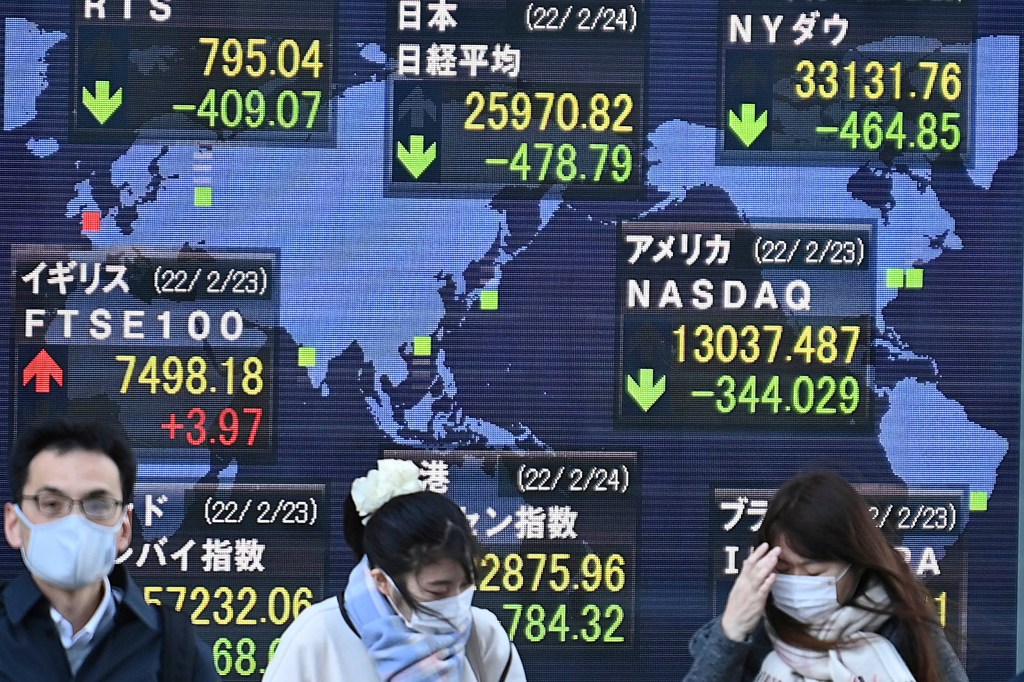Work & Economy
-
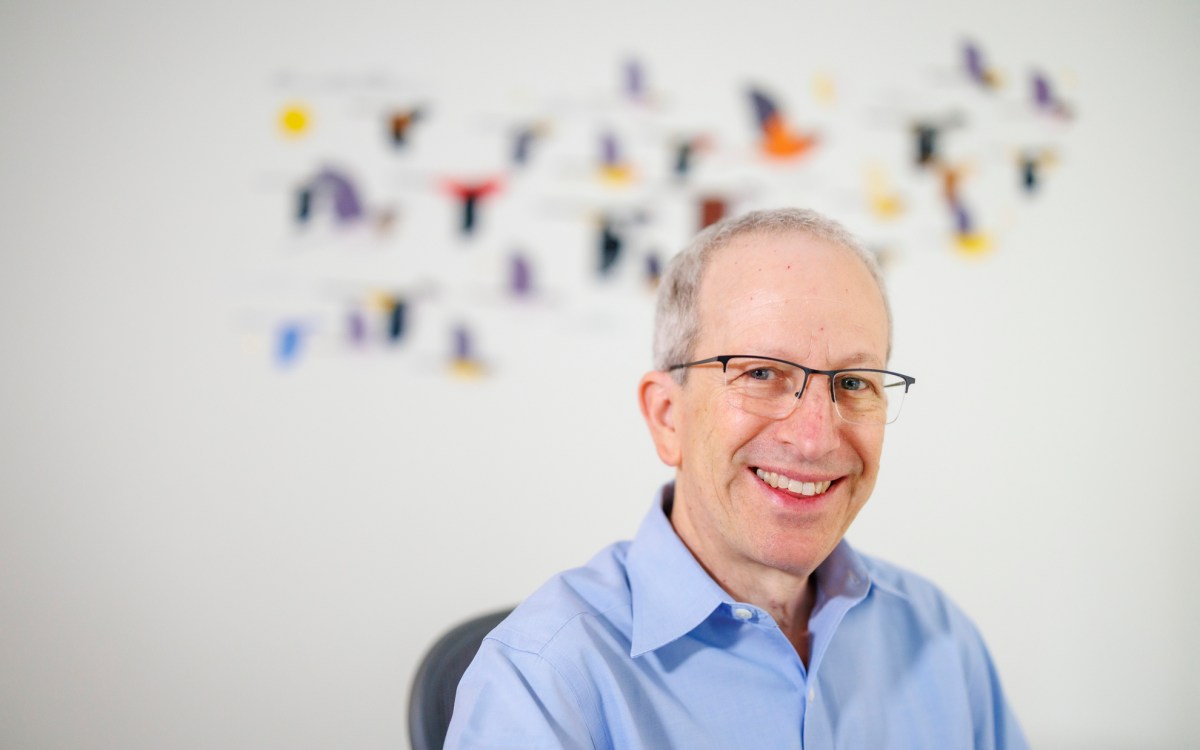
Lawrence Katz named Citation Laureate
Economist’s findings have garnered nearly 26,000 citations across 72 publications
-
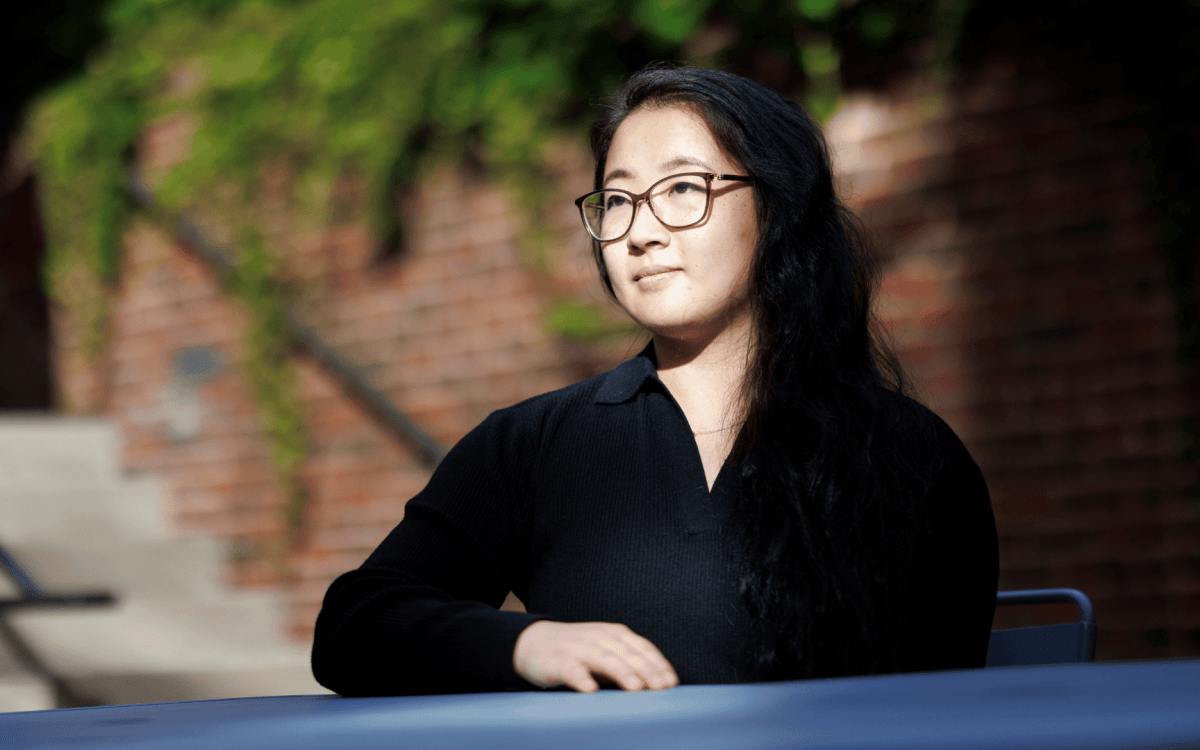
AI took your job — can retraining help?
Study finds benefits to displaced workers even in occupations at risk of automation

-
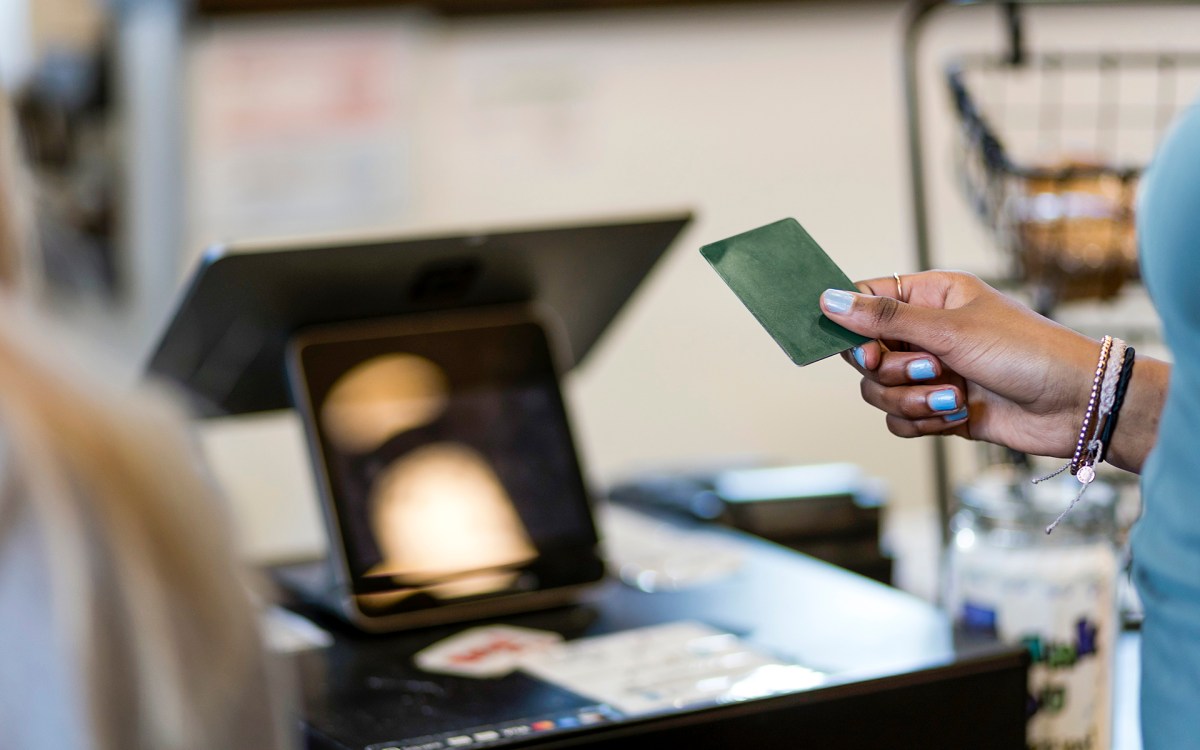
Economy is doing OK. So why are Americans so pessimistic about their prospects?
Scholars say government statistics can miss lived experience, politics taking larger role in shaping perceptions
-
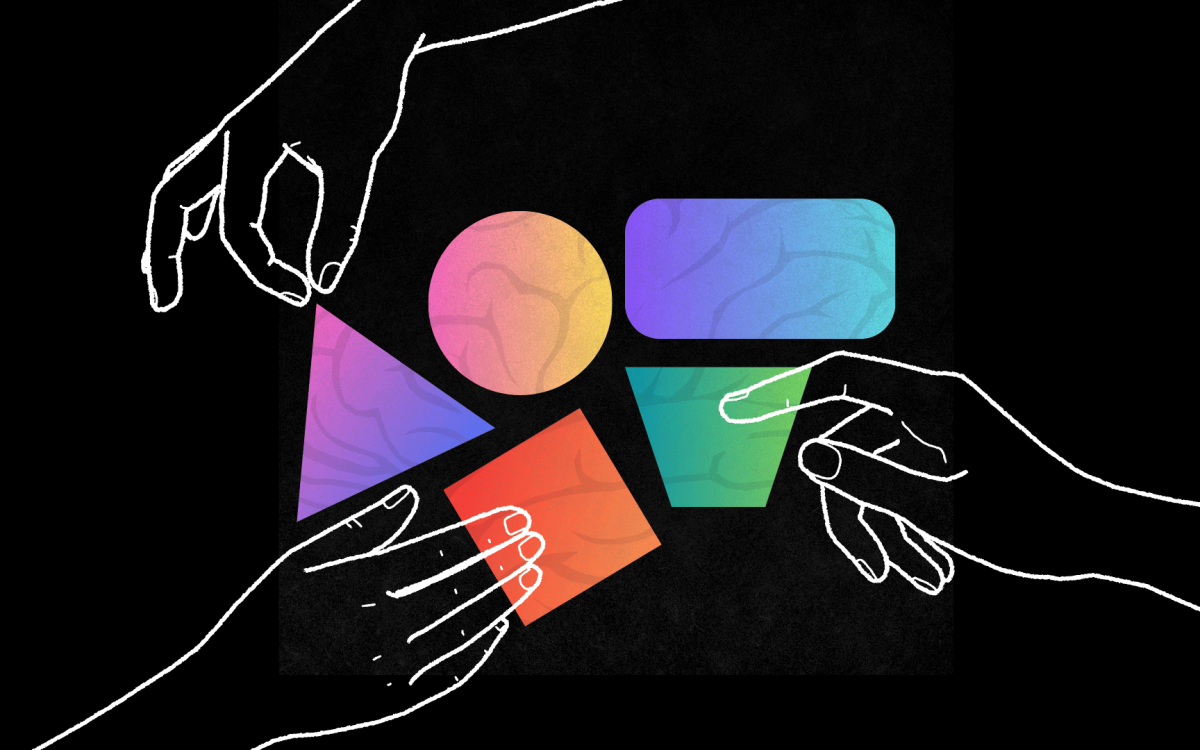
Why employers want workers with high EQs
‘Future of Jobs’ report highlights value of emotional intelligence
-
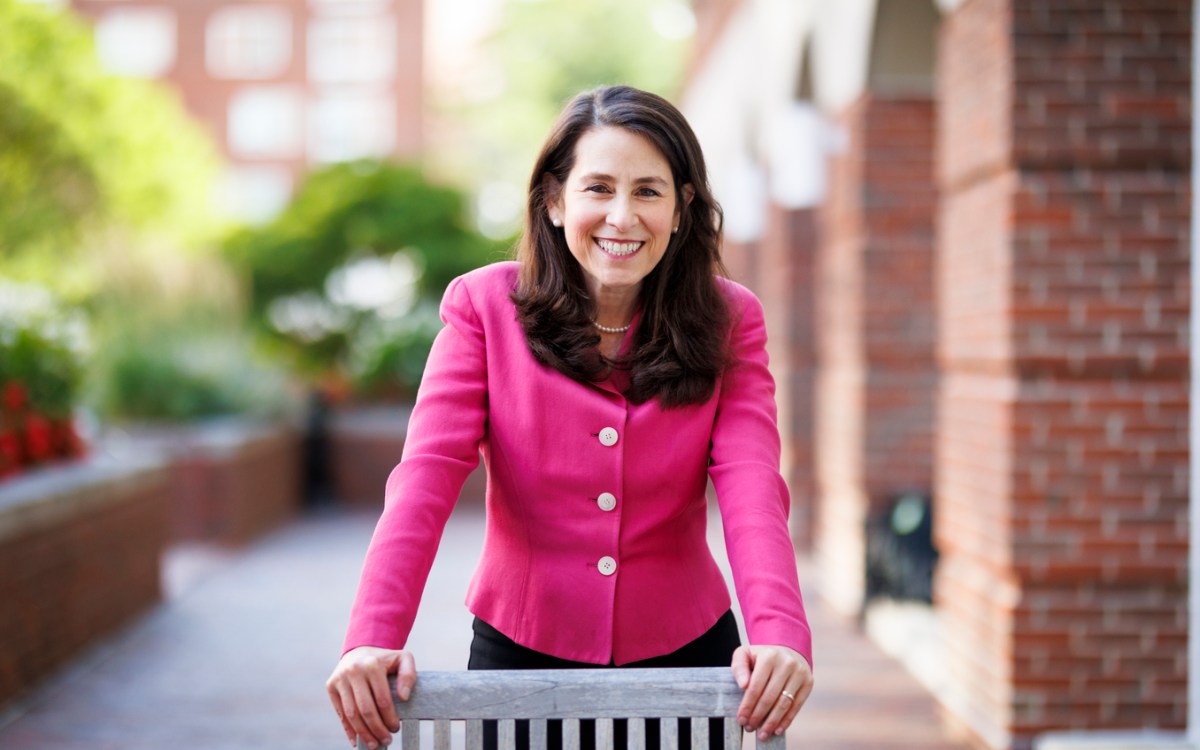
In touch with our emotions, finally
Insights at intersection of gender, anger, and risk are just one example of shift in science of decision making

-
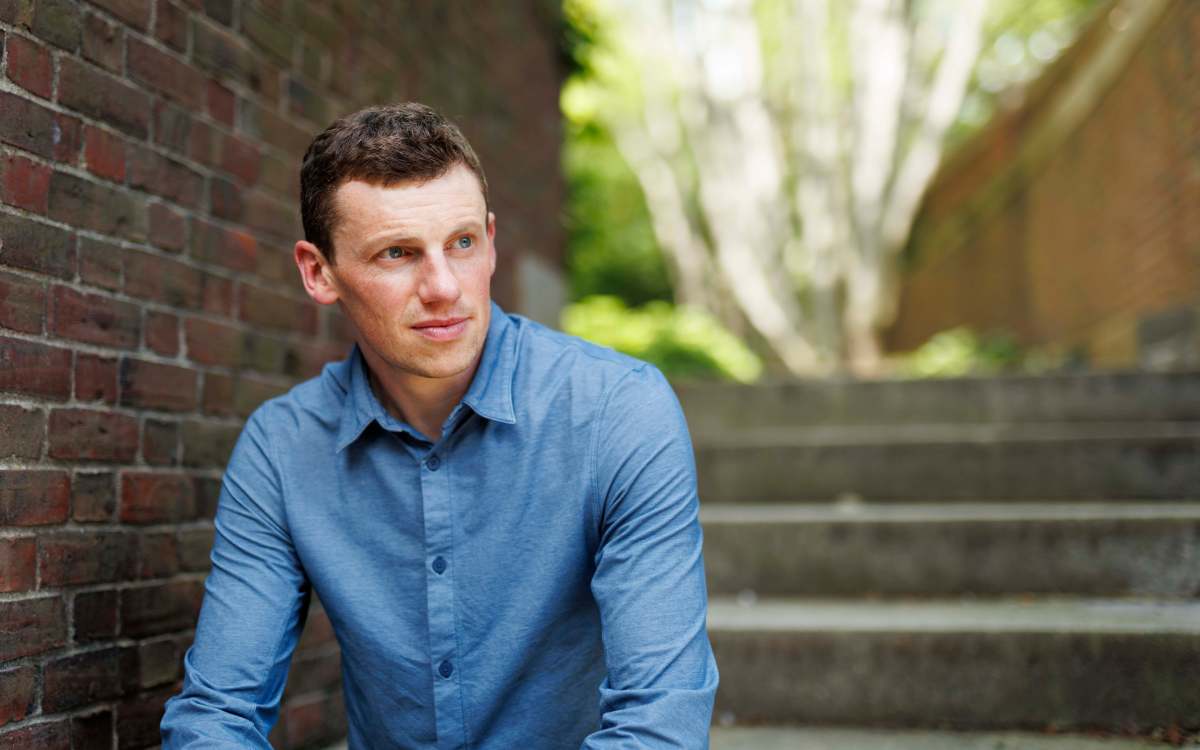
What your credit score says about how, where you were raised
Study looks at national disparities, finds bill-paying habits emerge by early adulthood, influence upward mobility

-
Bailouts for everyone?
Harvard Law School professor Daniel Tarullo, a former Federal Reserve Board member, explains the fallout from the bank failures and how they could complicate the Fed’s efforts to curb inflation.
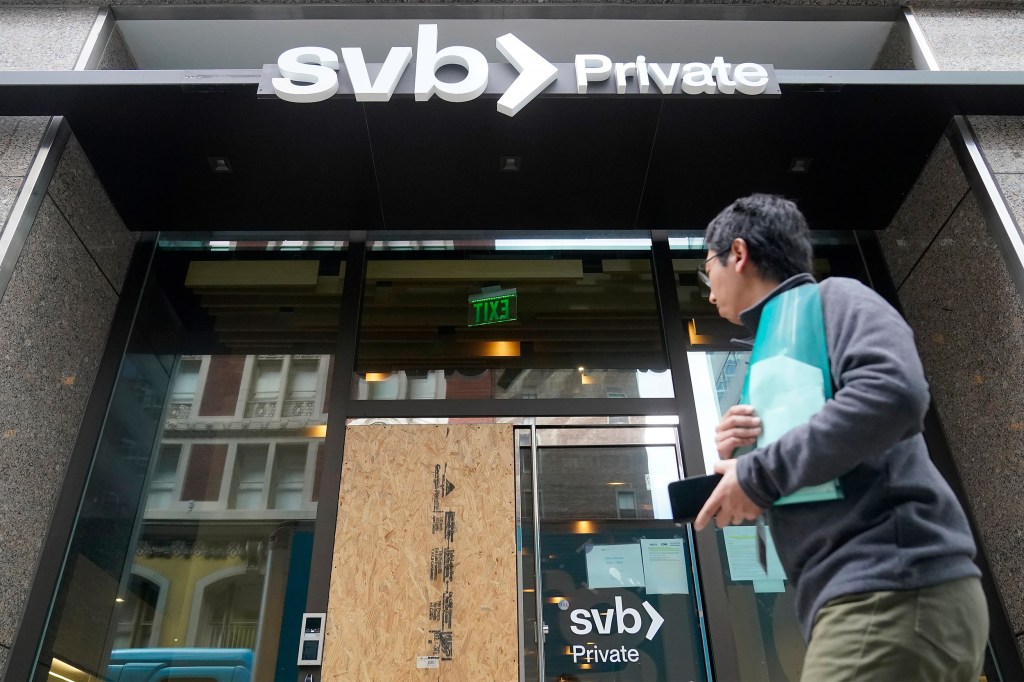
-
How did Americans come to trust markets more than government?
Book by Naomi Oreskes, Erik Conway traces history of how Americans came to trust markets more than government.
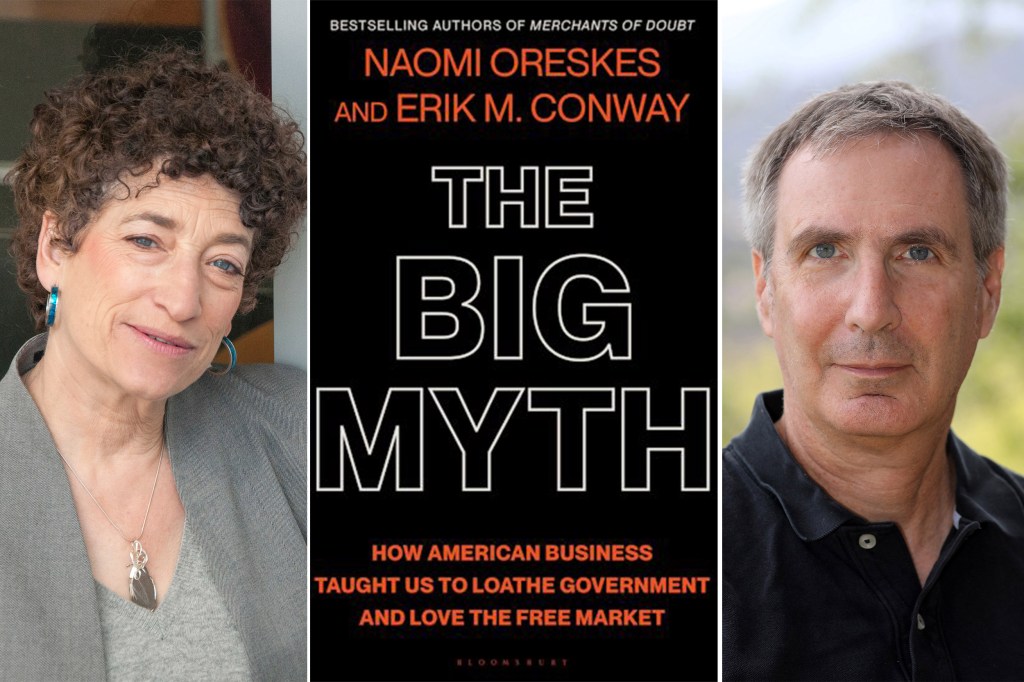
-
Tracking ‘nepo baby’ effect on young Americans’ earnings
Matthew Staiger, an economist and research scientist at Harvard’s Opportunity Insights, finds nearly 1 in 3 latch on with parent’s employer and earn more because of it — but there is race gap.

-
The American dream costs more than $29,000 a year
Journalist Rick Wartzman talks about his new book, “Still Broke: Walmart’s Remarkable Transformation and the Limits of Socially Conscious Capitalism.”
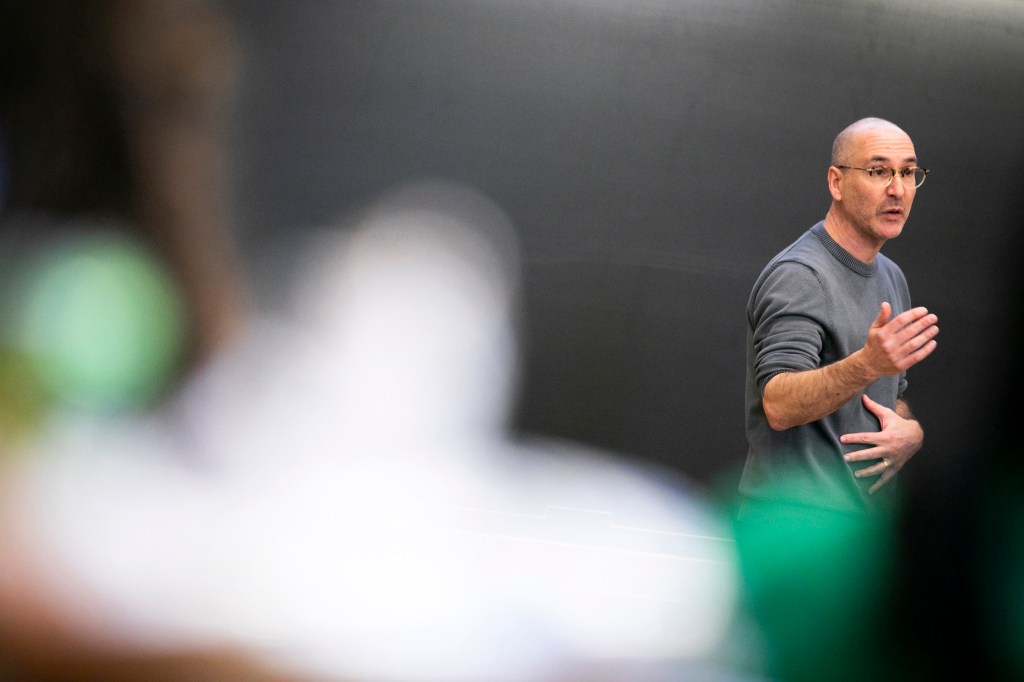
-
Forget debt-ceiling drama. There are bigger, likelier problems
Harvard economist says political feuds come and go, but inflation, weak growth, and geopolitical tensions pose real global recession threat.
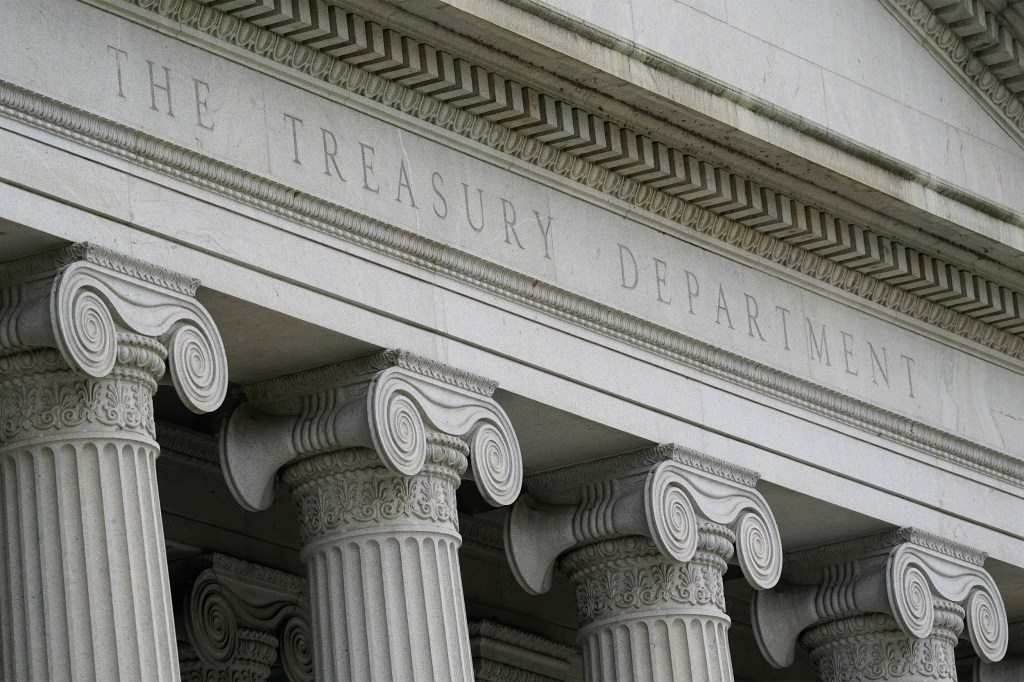
-
New inflation report offers hope, but expert says we’re not out of woods yet
Harvard economist breaks down what latest inflation report may mean for the year ahead.
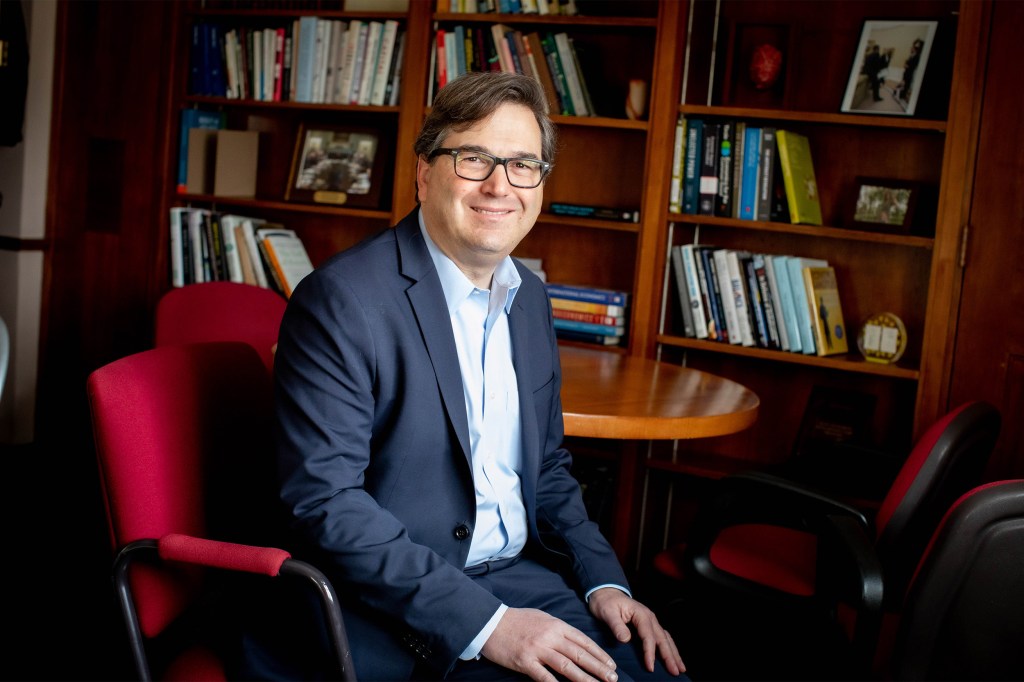
-
A more expansive view of the best deal for you
A Kennedy School seminar examines how gender and sexuality influence negotiations, assignments, and expectations.
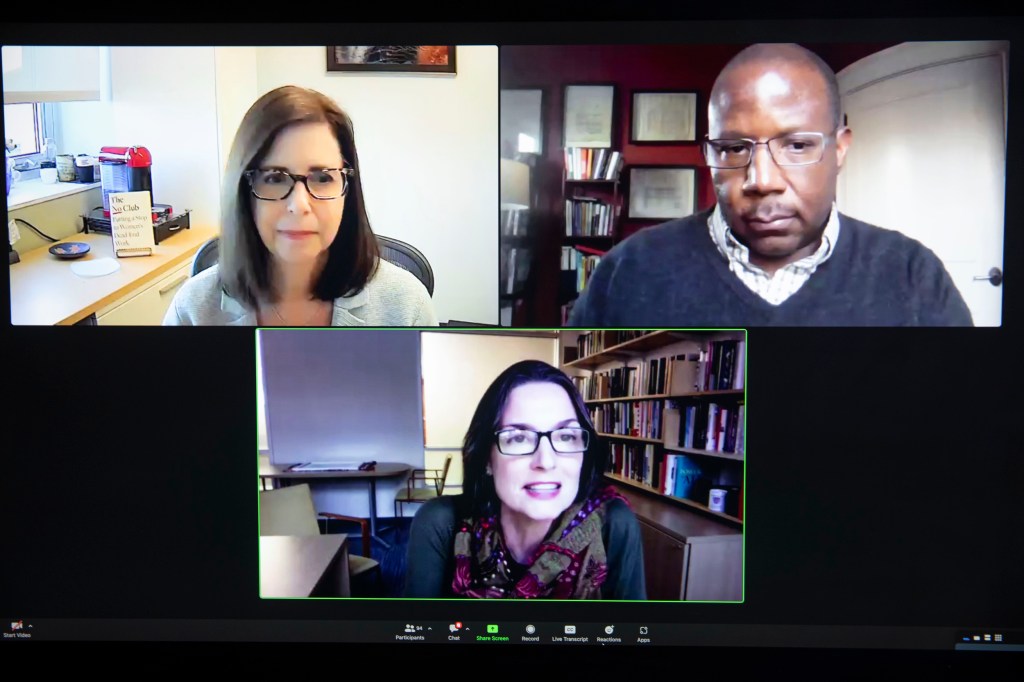
-
Is there method to Musk’s madness on Twitter?
Harvard Business School’s Andy Wu says given his track record at SpaceX and Tesla, it’s not surprising what Elon Musk has been doing at Twitter.
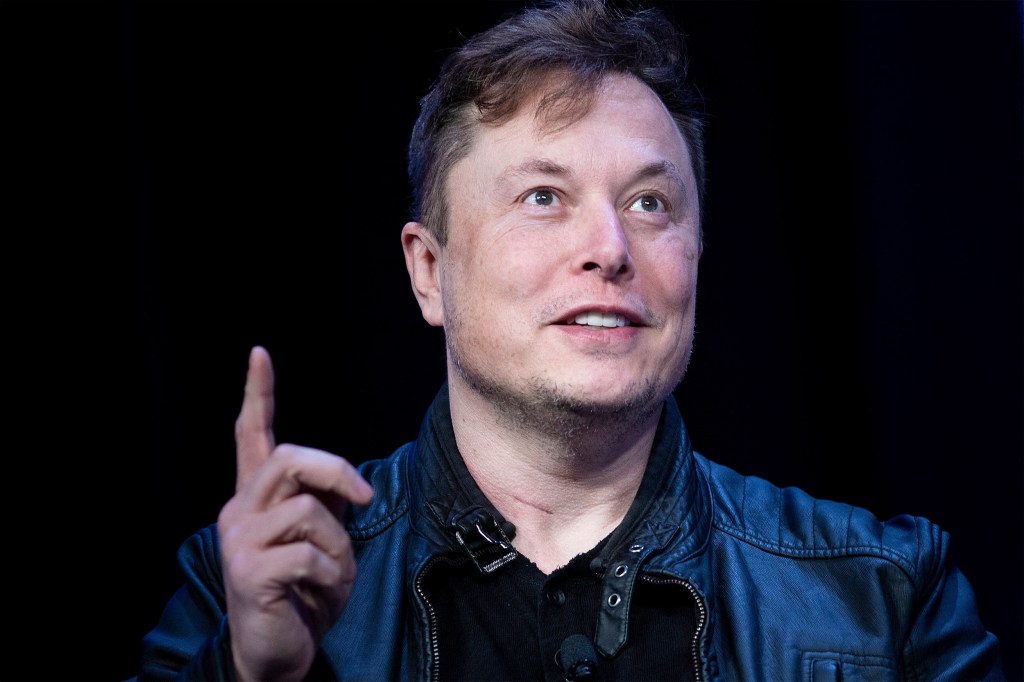
-
Can tech save us from worst of climate change effects? Doesn’t look good
Study by two Prize Fellows focuses on economic impact on agriculture.
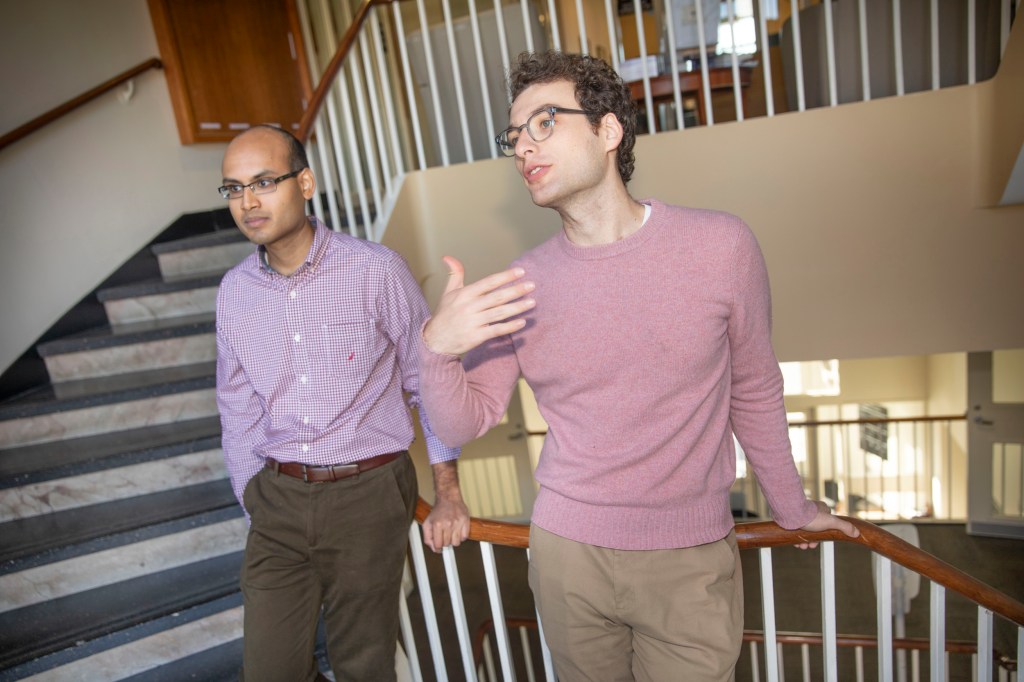
-
When agreeing to disagree is a good beginning
Experts in negotiation at a Harvard alumni event say productive conflict starts with honest, opening listening.
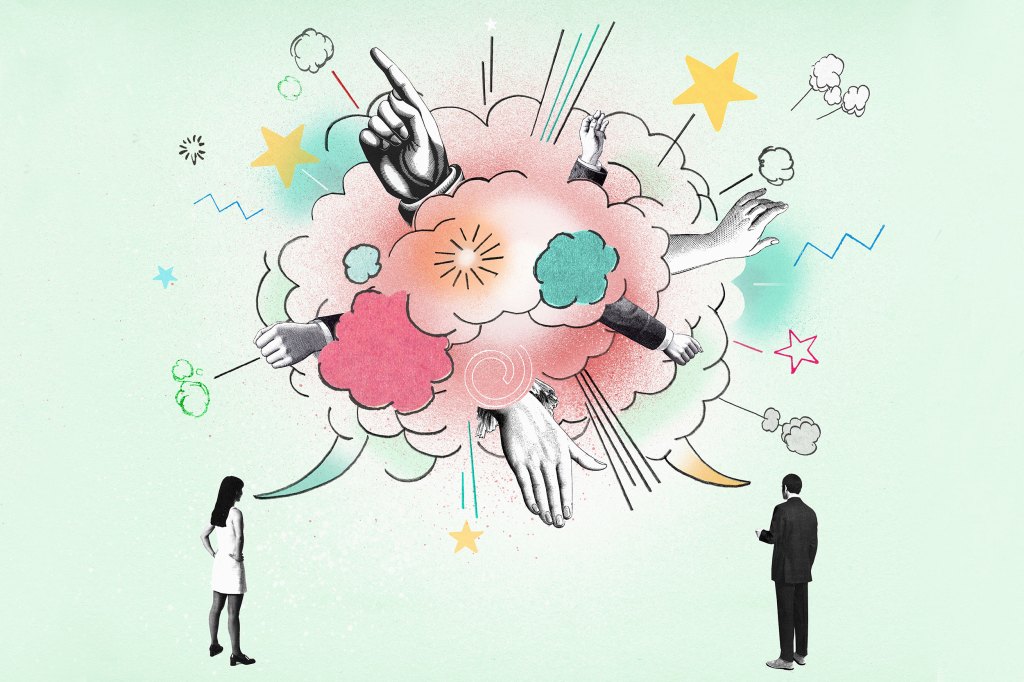
-
We’re living longer so that just means we work longer, right?
The problem with working longer in life as a solution to affording retirement for a population living longer is that many, if not most, already don’t work until standard retirement age, a new book shows.
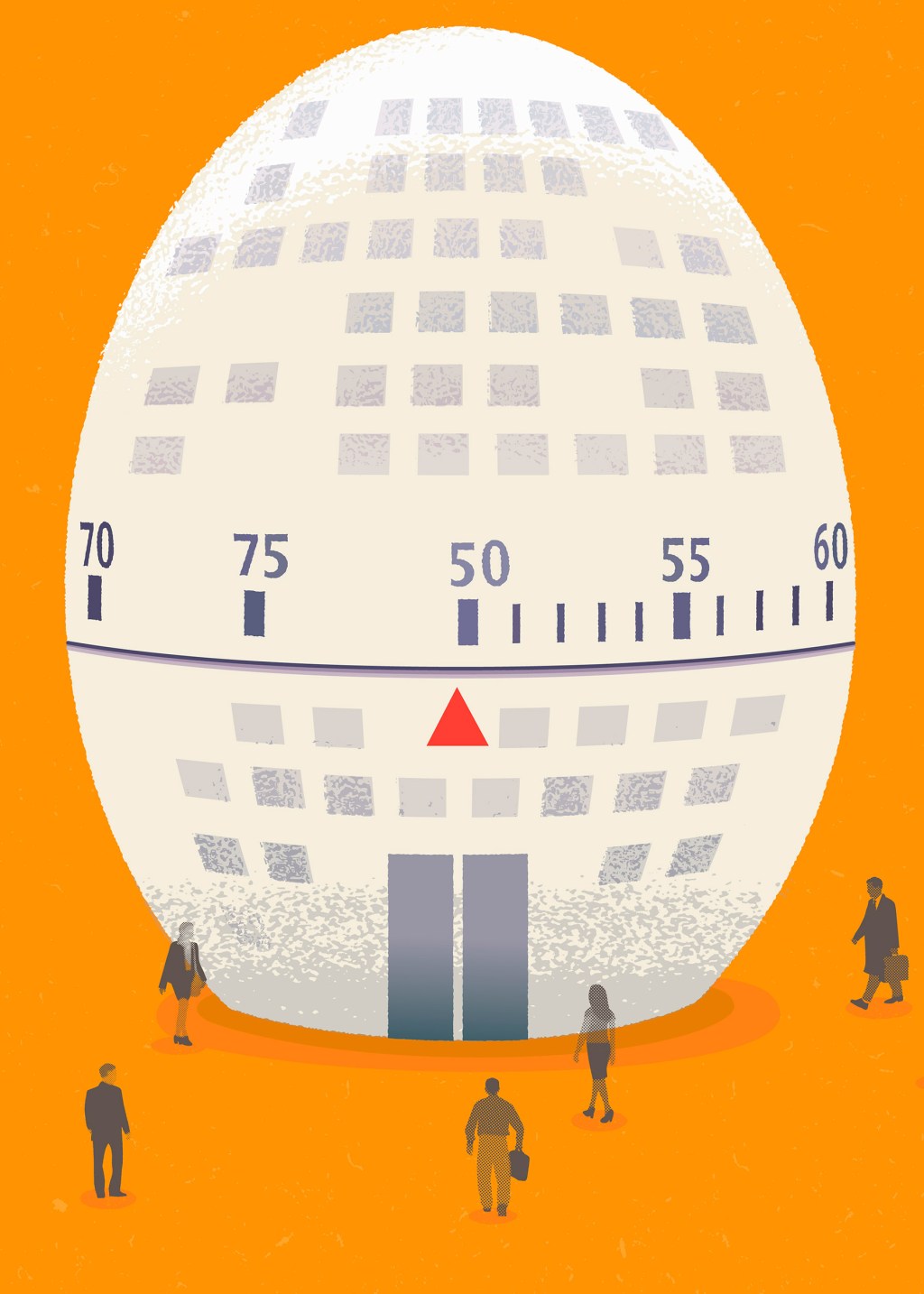
-
European Central Bank official sees long road ahead
Joachim Nagel, president of the Deutsche Bundesbank and member of the Governing Council of the European Central Bank, says more rate hikes are needed with inflation, energy costs surging amid Russian attack on Ukraine.
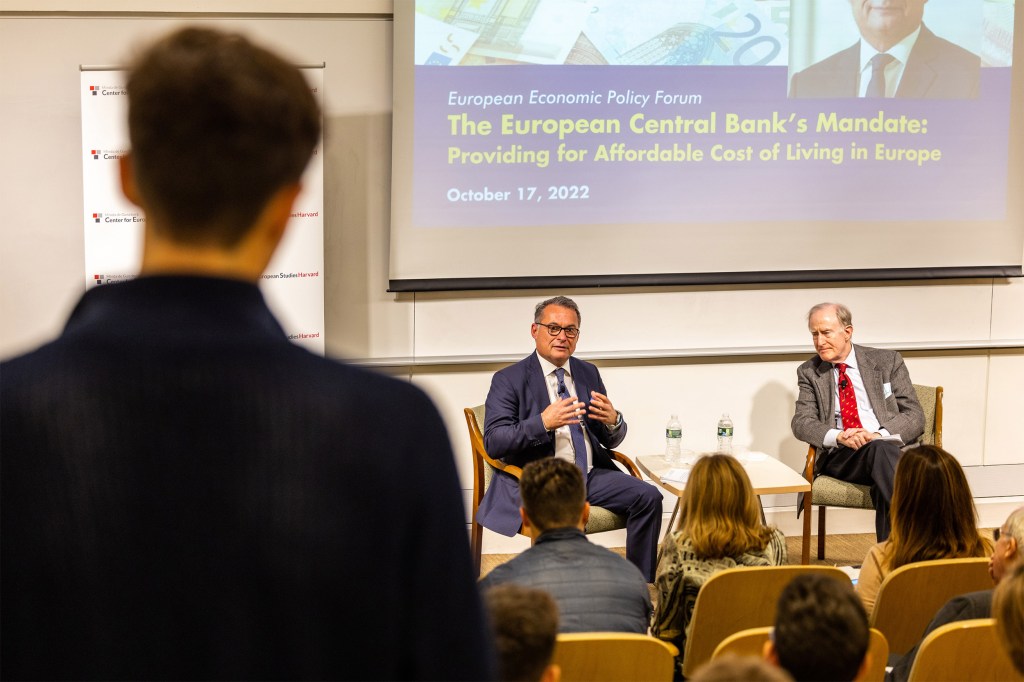
-
Is MLB ready to compete for next generation of fans?
Sports business expert discusses recent signs that pro baseball, which trails NFL, NBA, European soccer in money, popularity, may be rallying.

-
Want more diversity in corporate America? Get rid of some programs
New book by Frank Dobbin suggests getting managers actively involved instead of feeling defensive, resentful is the best way to create a more diverse corporate America.
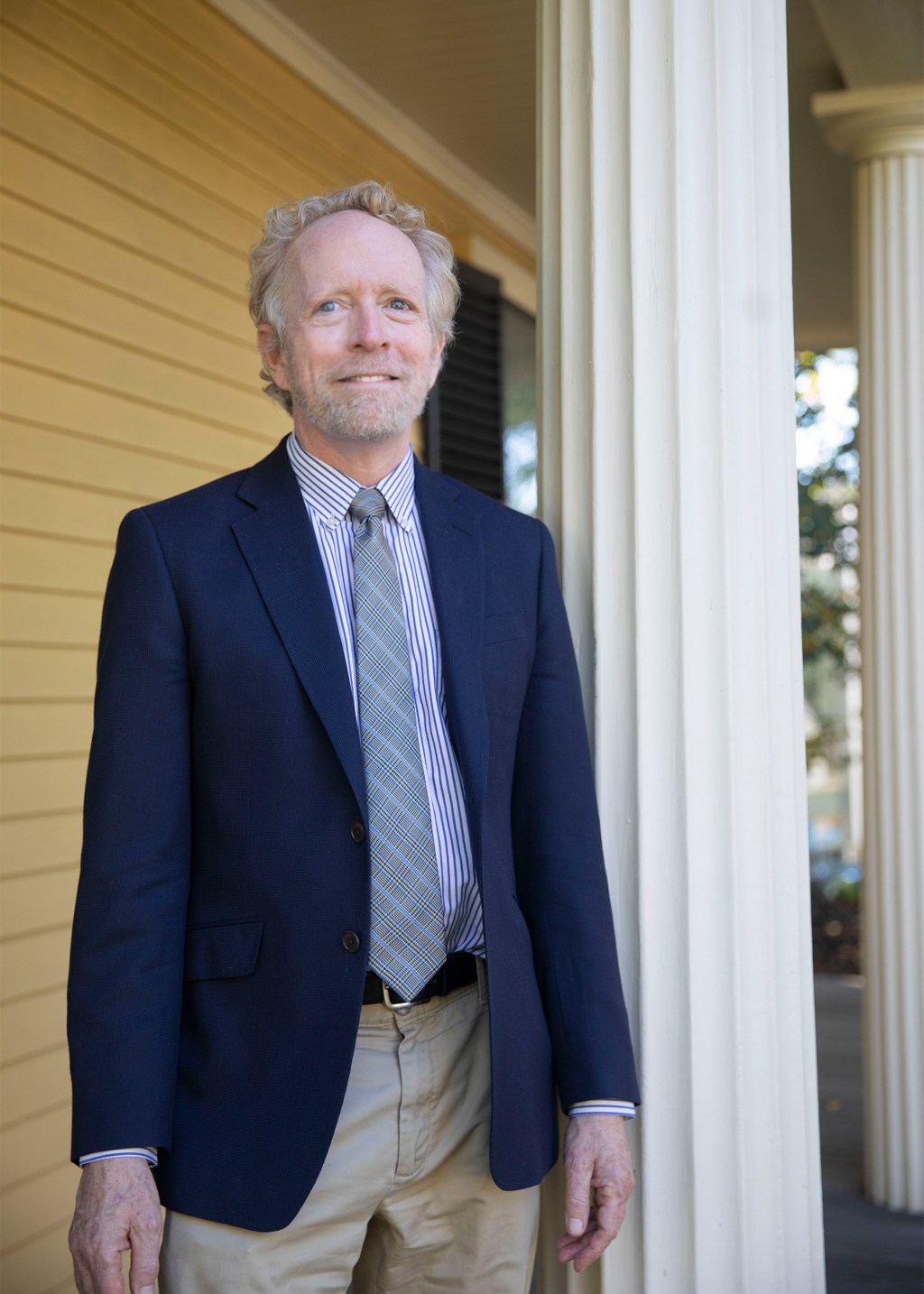
-
No C-suite is an island
The “Reimagining the Role of Business in the Public Square” conference at HBS examines the role corporations that have adopted Environment, Social and Governance principles are playing in society.
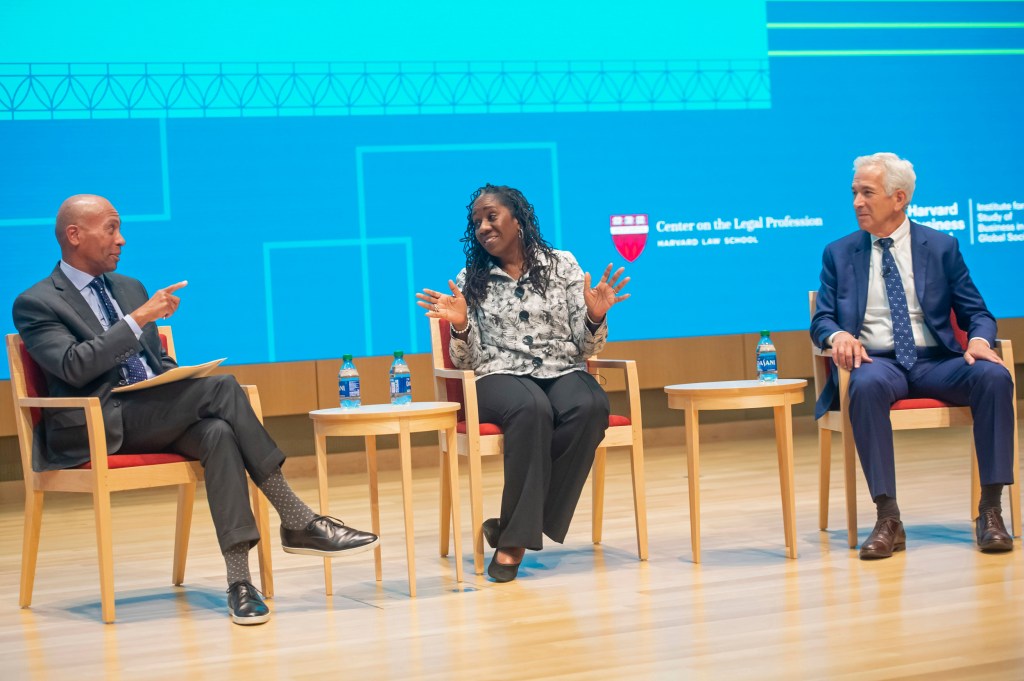
-
Fed needs to get tough on rates now, Summers says
With new report showing consumer prices rising, central bank needs to control inflation, soften blow of expected recession, the economist says.
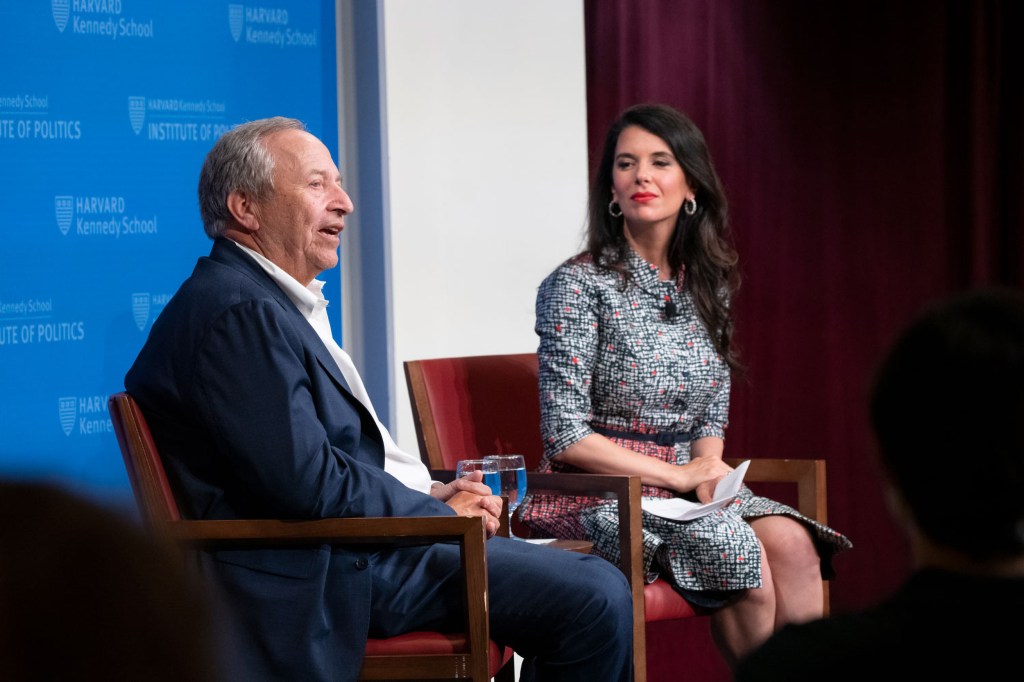
-
Back to office? Stay remote? Go hybrid?
Bosses shouldn’t just go with their guts, and consensus may not work, Business School professor says. Start by deciding what really matters.
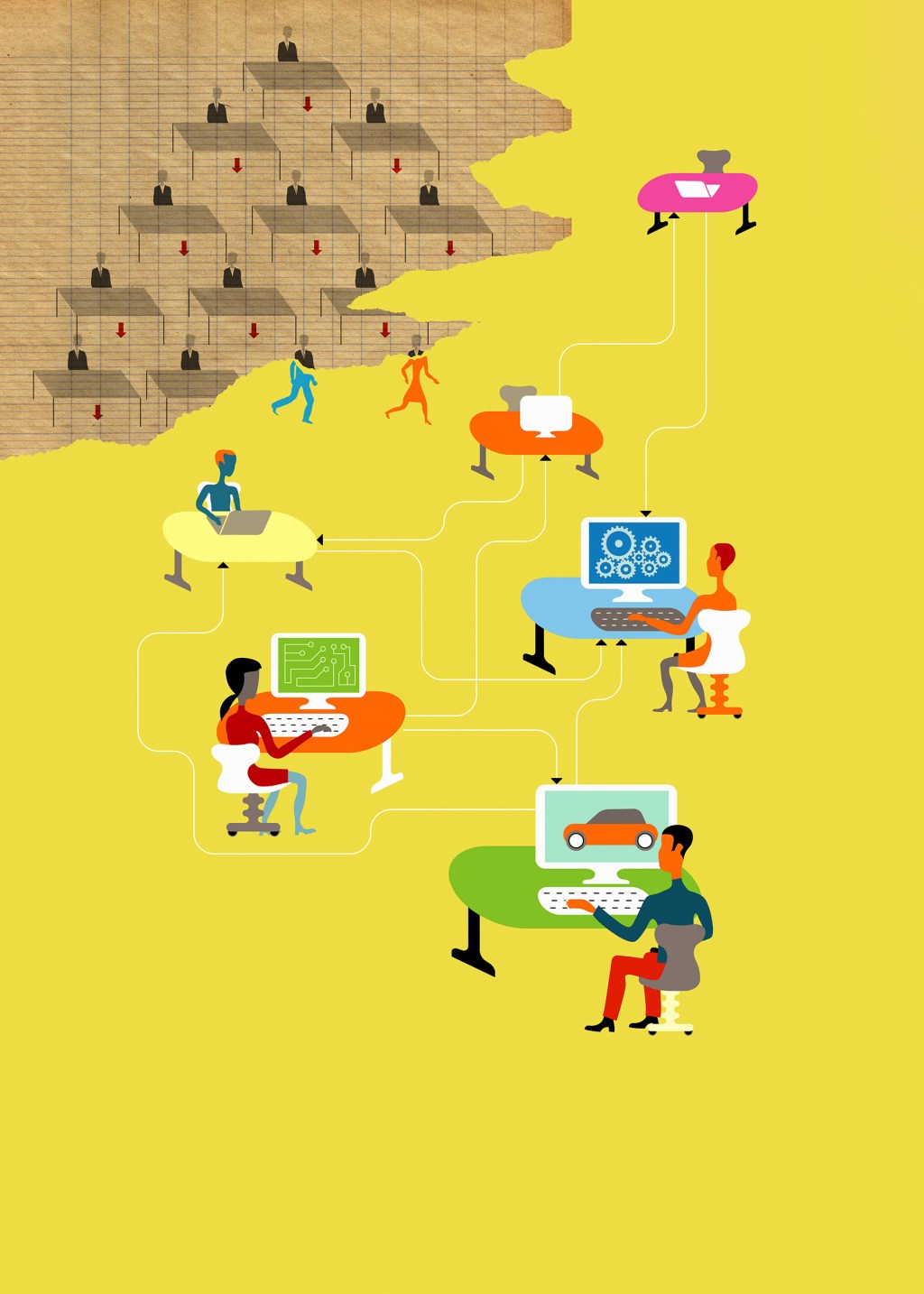
-
Top business execs more polarized than nation as whole
Elisabeth Kempf discusses new research examining partisan shift, notes it may pose risks for shareholders.
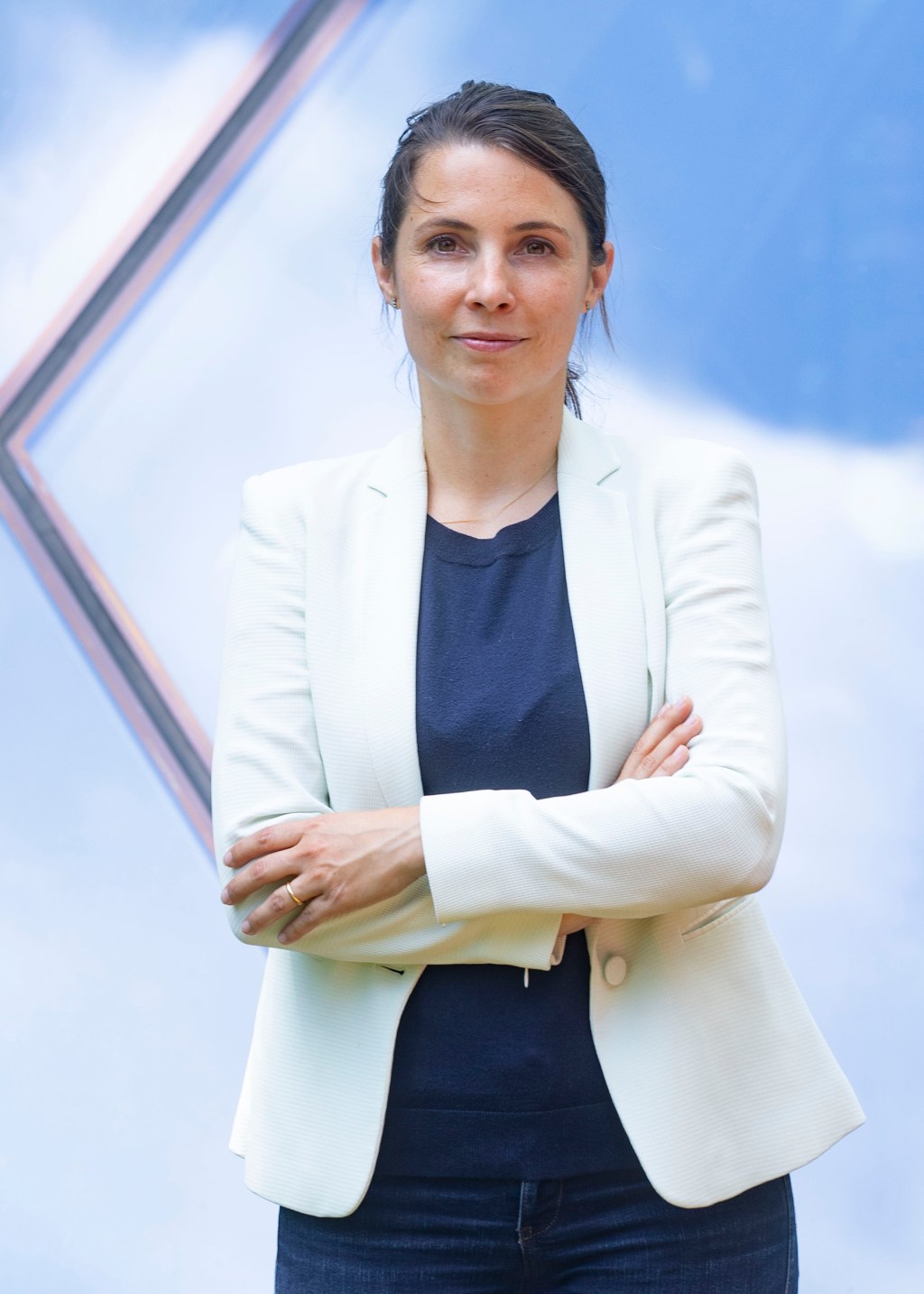
-
Can Amazon remake health care?
Health policy expert explains Amazon’s nearly $4 billion investment in One Medical and what the marketplace disruptor can, and cannot, do to change the way consumers get their health care.

-
Larry Summers details how Senate plan will reduce inflation
The Gazette spoke with economist and former U.S. Treasury Secretary Lawrence Summers about the Inflation Reduction Act of 2022.
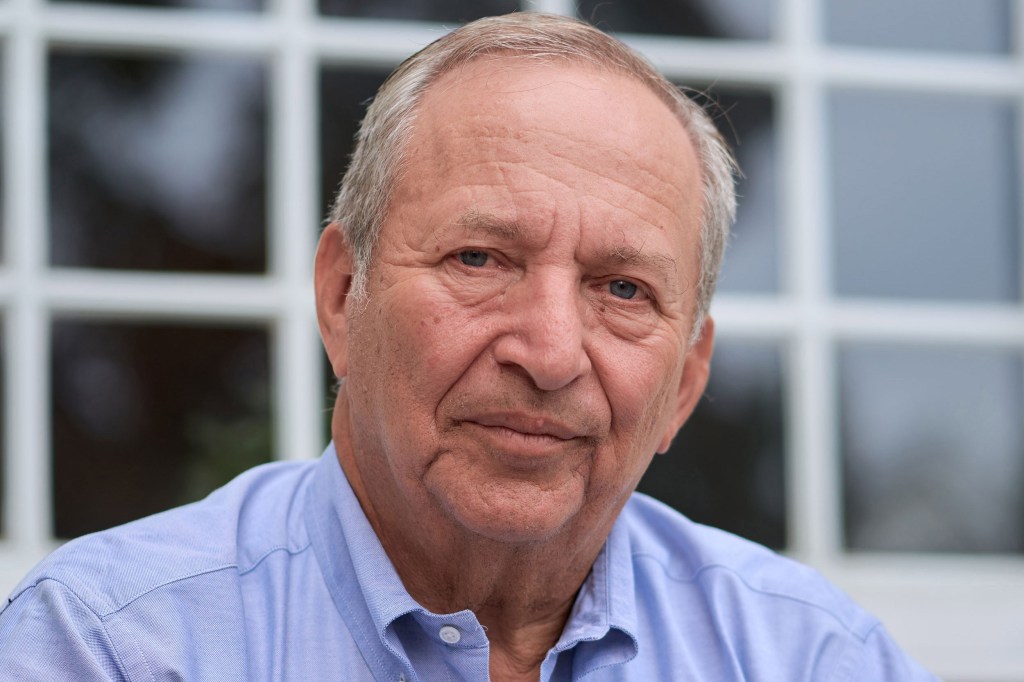
-
Turns out it’s not who you know that determines economic success
Big-data study by Raj Chetty and team shows who we interact with while growing up plays key role in upward mobility.
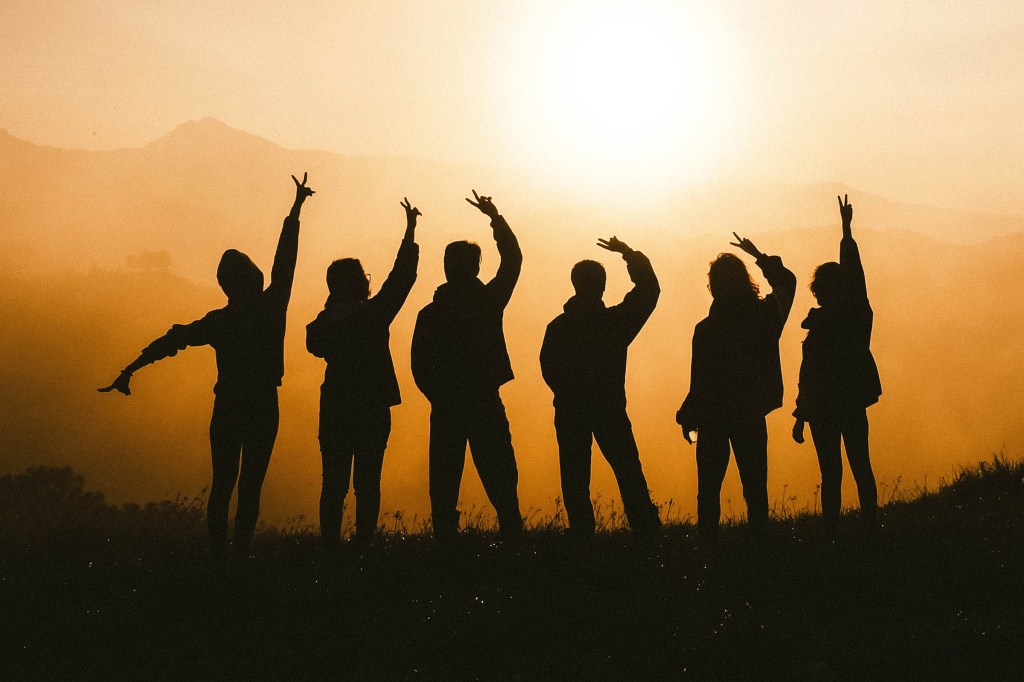
-
Key to income inequality fight? Location, location, location
A new report finds that 80 percent of all young adults at age 26 had moved less than 100 miles from where they grew up, and just 10 percent moved more than 500 miles away. Even the enticement of higher-wage opportunities had little impact.
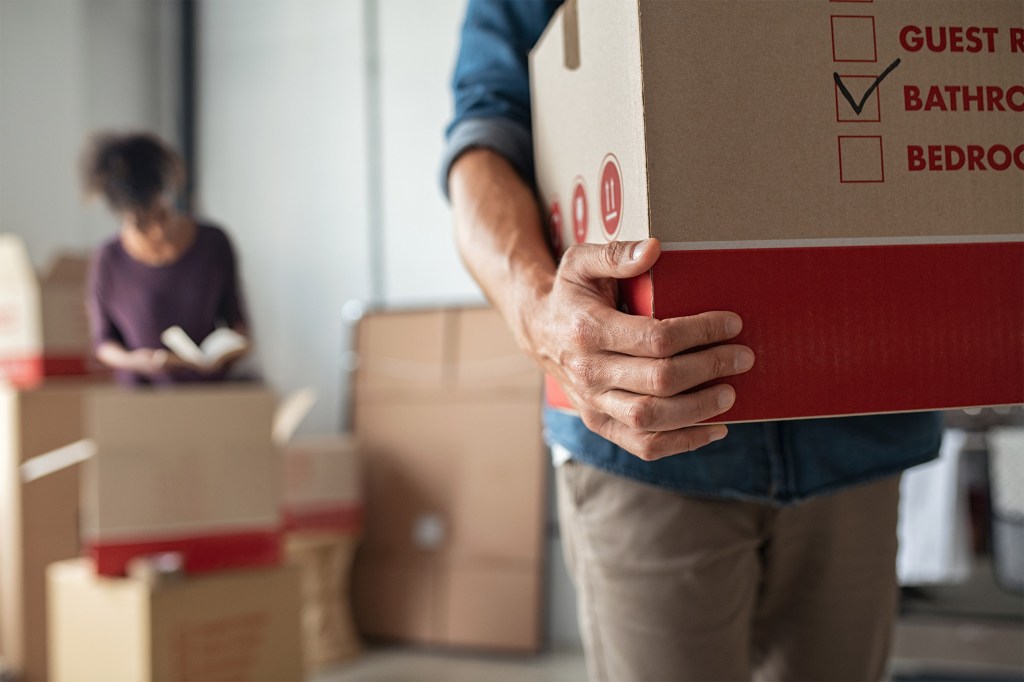
-
So what happened to crypto?
Harvard Business School’s Scott Duke Kominers explains the recent downturn in the cryptocurrency market.

-
Is recession inevitable? Economist says plenty of tools remain
Economist Betsey Stevenson assesses the effect of the Federal Reserve’s latest interest rate hike and whether a recession is now a certainty.
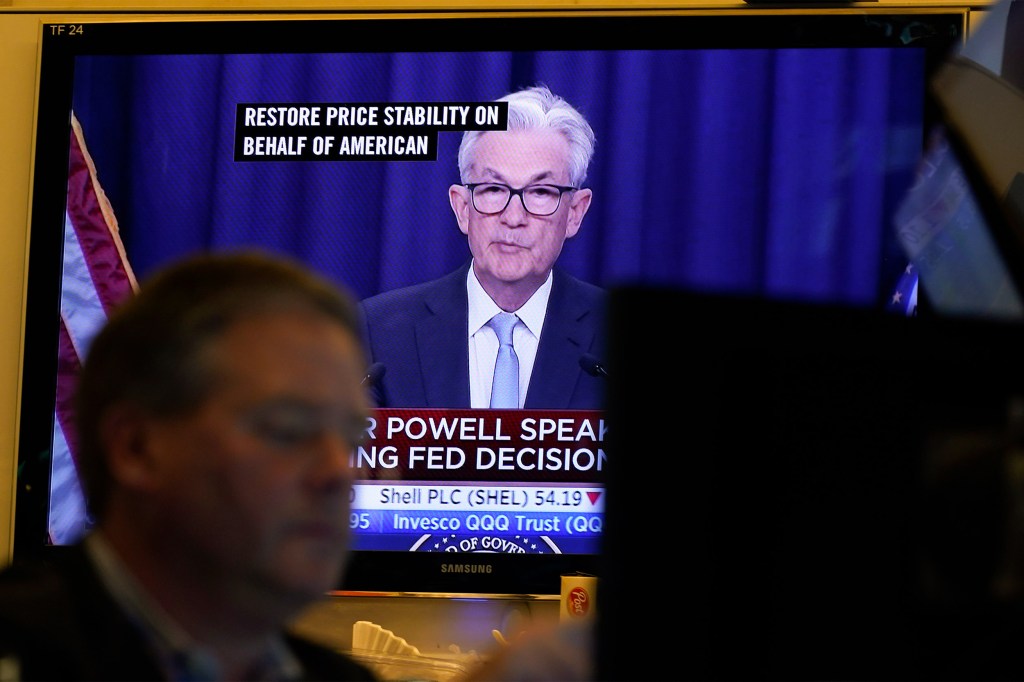
-
Things may look shaky, but recession isn’t certainty
Harvard Kennedy School economist Jason Furman discusses stock market volatility and inflation.
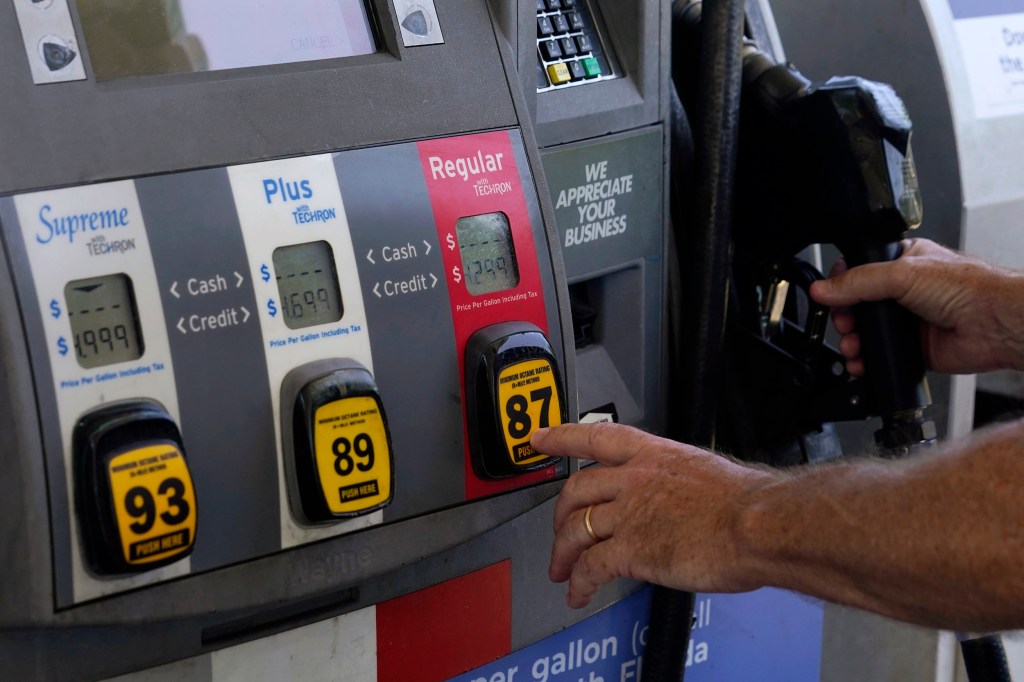
-
Why is inflation at four-decade high?
Harvard’s Alberto Cavallo explains what’s driving inflation to historic figures.
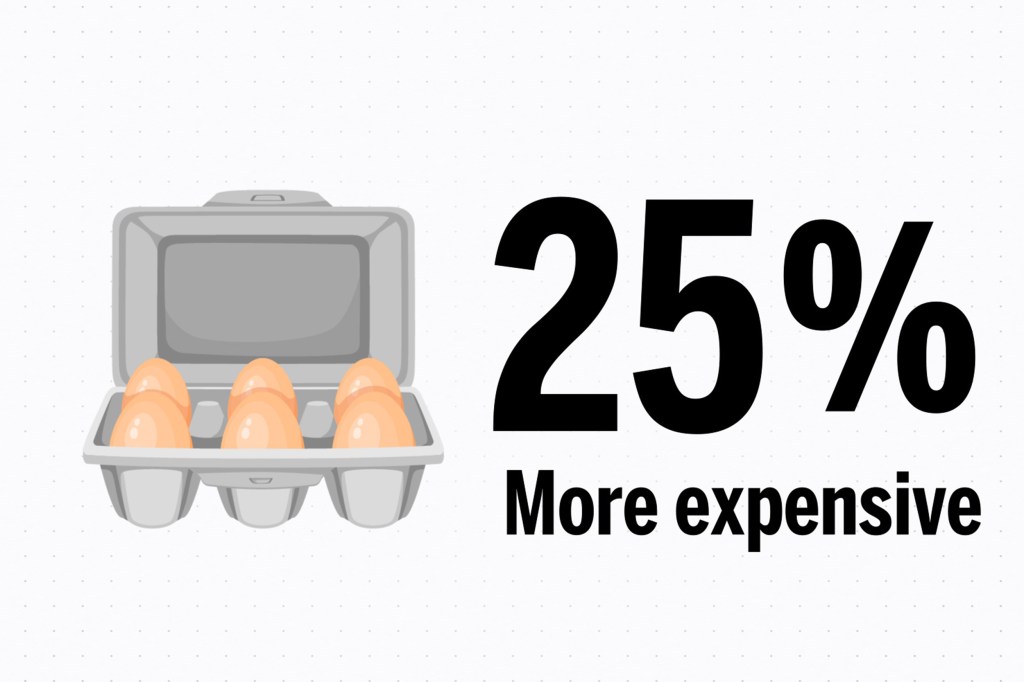
-
Will the message sent by Amazon workers turn into a movement?
Labor economist Lawrence Katz looks at the recent flurry of U.S. workers unionizing and whether unions could enjoy a resurgence in the coming months.
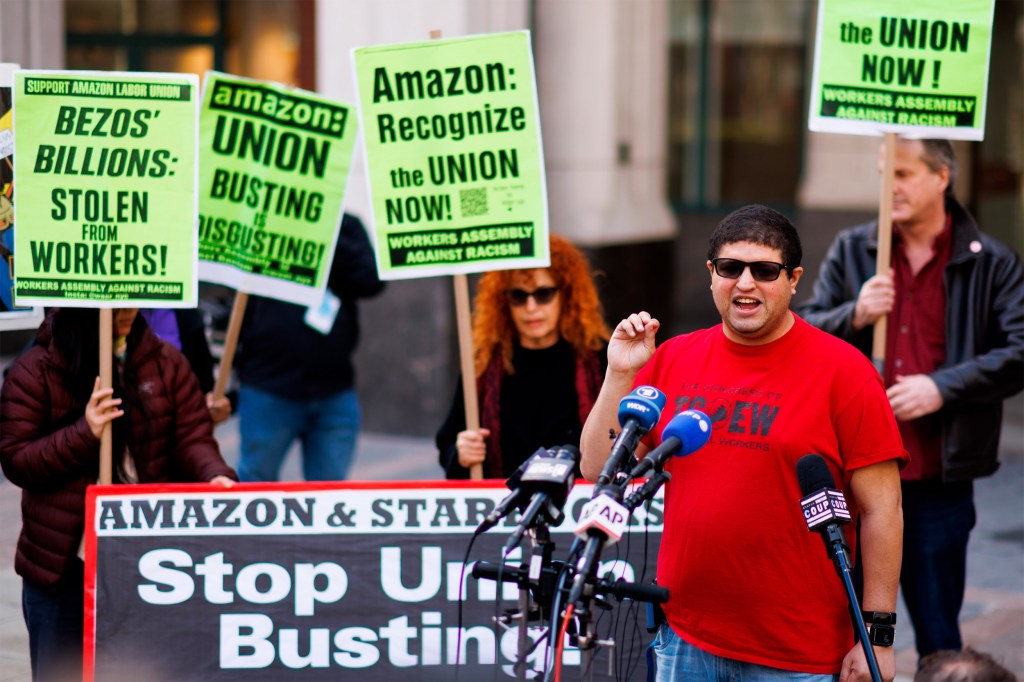
-
No panic in Furman’s reaction to inflation data, but plenty of uncertainty
Jason Furman explains the state of the economy and what consumers can expect during the next few months.
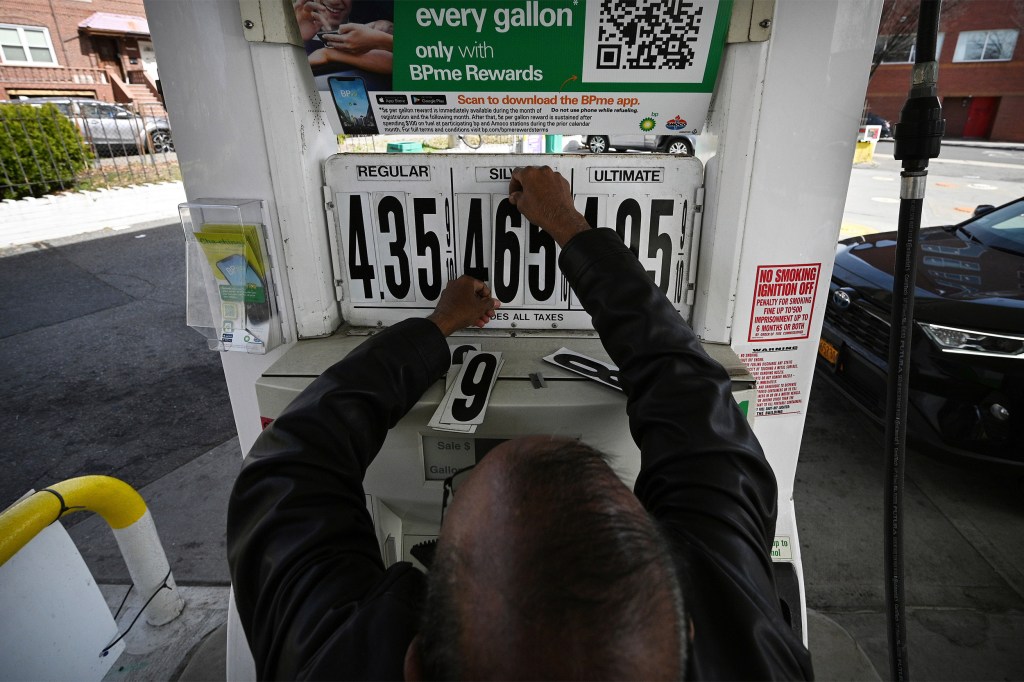
-
Surprised by corporate reaction against Russia?
Oliver Hart discusses the swift response from corporations to protest the Russian invasion of Ukraine.
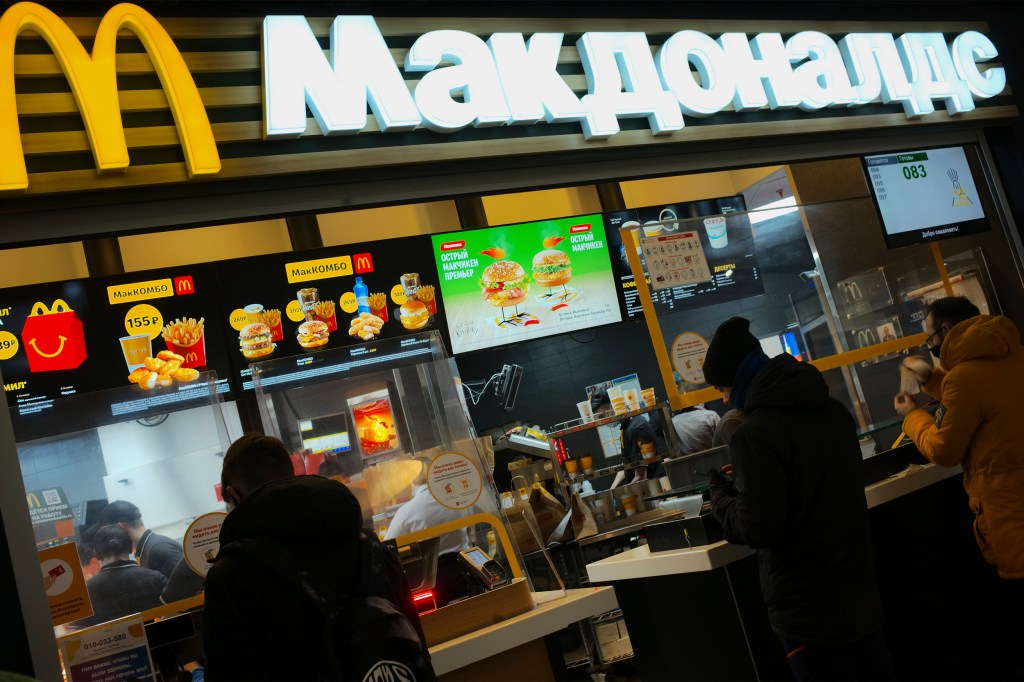
-
How invasion may hit U.S., global economies
Harvard economist Kenneth Rogoff sees possible fallout in stock, energy markets, worsening of inflation, increase in military spending
